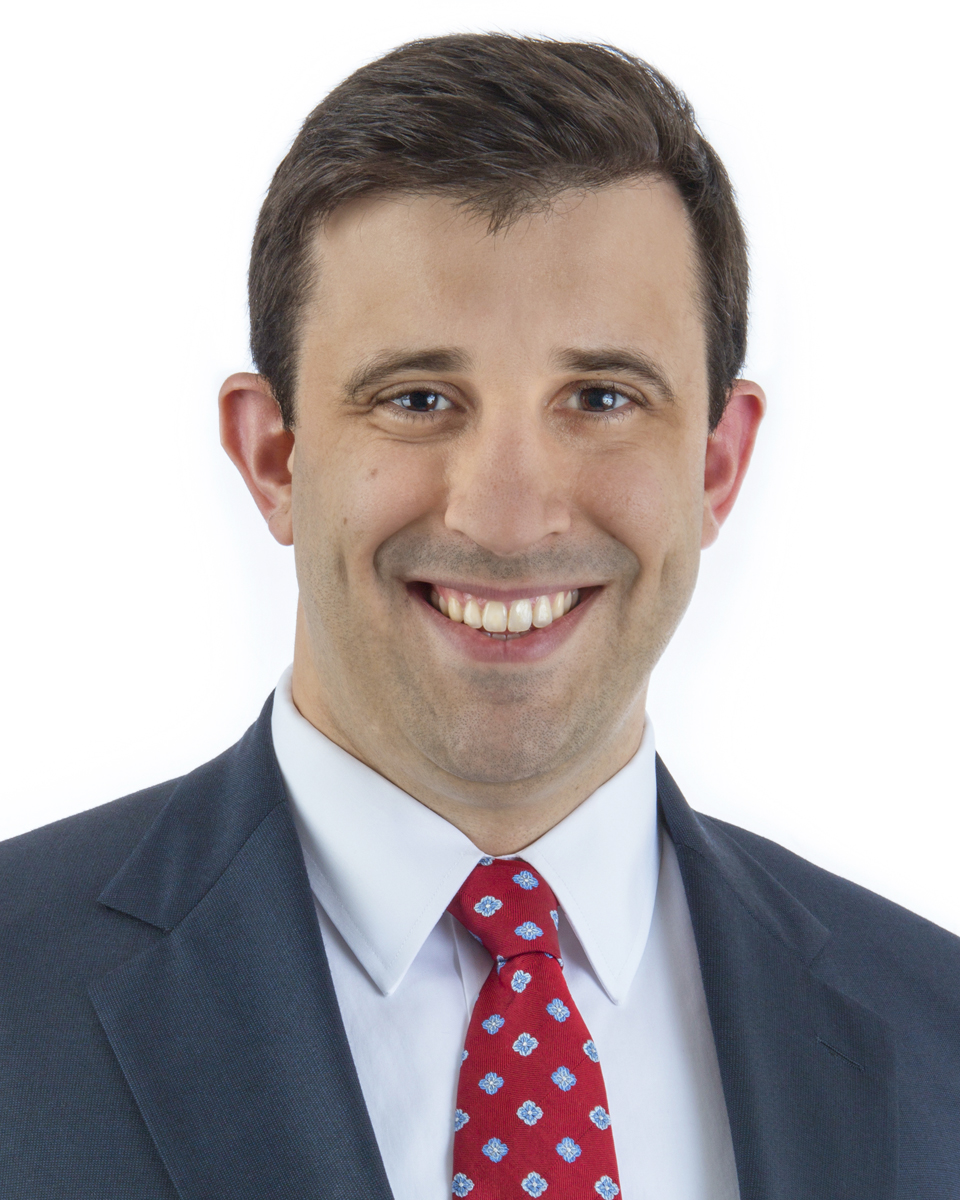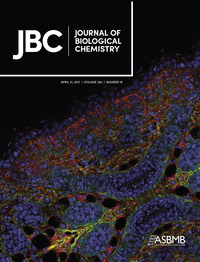 A prominent diabetes researcher based at Harvard Medical School has retracted a third paper, citing manipulation of multiple figures.
A prominent diabetes researcher based at Harvard Medical School has retracted a third paper, citing manipulation of multiple figures.
Late last year, Carl Ronald Kahn—also chief academic officer at Joslin Diabetes Center—retracted two papers for similar reasons. In November, Kahn pulled a 2005 paper from The Journal of Clinical Investigation (JCI) and a month later, he retracted a 2003 paper from The Journal of Biological Chemistry (JBC), both times citing duplications that the authors said were introduced while assembling the figures.
Last month, Kahn retracted his third paper, also published in JBC in 2003, because the authors omitted data when constructing the images. Still, the authors remain confident in their findings, given that data from other labs “have confirmed and extended the conclusions of the manuscript.”
Here’s the retraction notice: Continue reading Harvard diabetes researcher retracts third paper

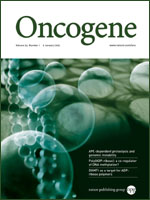 Here’s a rather odd case: When readers raised issues about some of the images in a 2008 cancer paper, the authors issued a correction last year. But when
Here’s a rather odd case: When readers raised issues about some of the images in a 2008 cancer paper, the authors issued a correction last year. But when 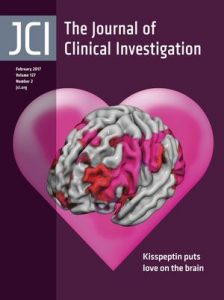
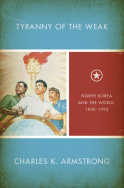 The author of a high-profile book about the history of North Korea is issuing 52 corrections to the next edition, scheduled to appear this spring. The changes
The author of a high-profile book about the history of North Korea is issuing 52 corrections to the next edition, scheduled to appear this spring. The changes  The former president of the Joslin Diabetes Center has withdrawn a second article within a month of his
The former president of the Joslin Diabetes Center has withdrawn a second article within a month of his  Last March, a PhD student at Harvard filed a misconduct allegation against his mentor, a prominent stem cell researcher. Three months later, he was taken from his home by police in the middle of the night for a forced psychiatric evaluation.
Last March, a PhD student at Harvard filed a misconduct allegation against his mentor, a prominent stem cell researcher. Three months later, he was taken from his home by police in the middle of the night for a forced psychiatric evaluation.
